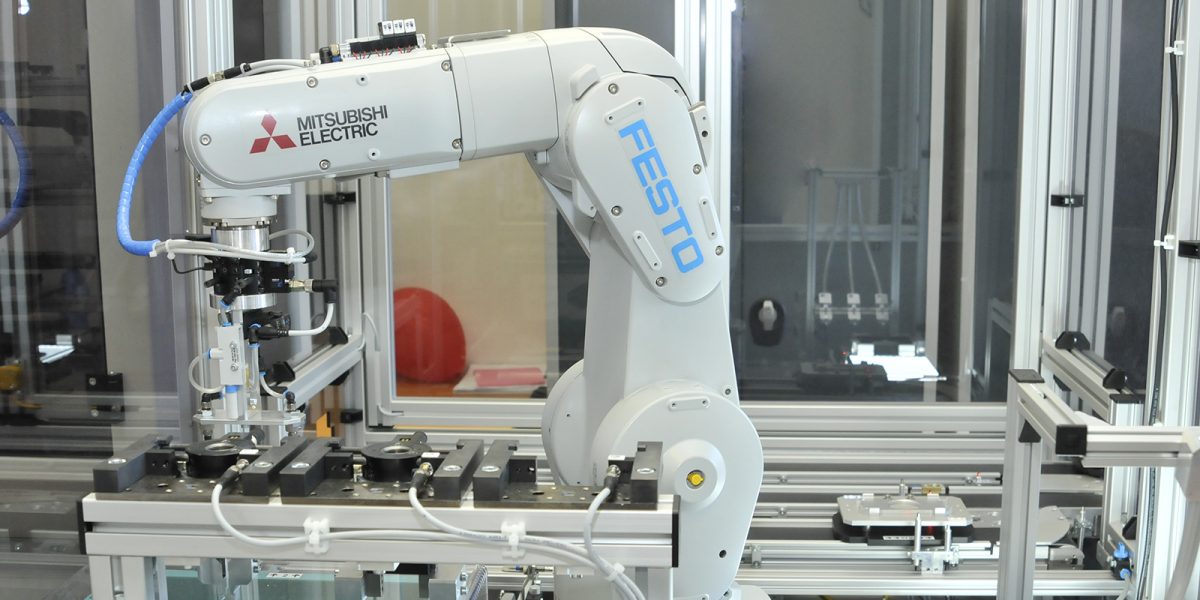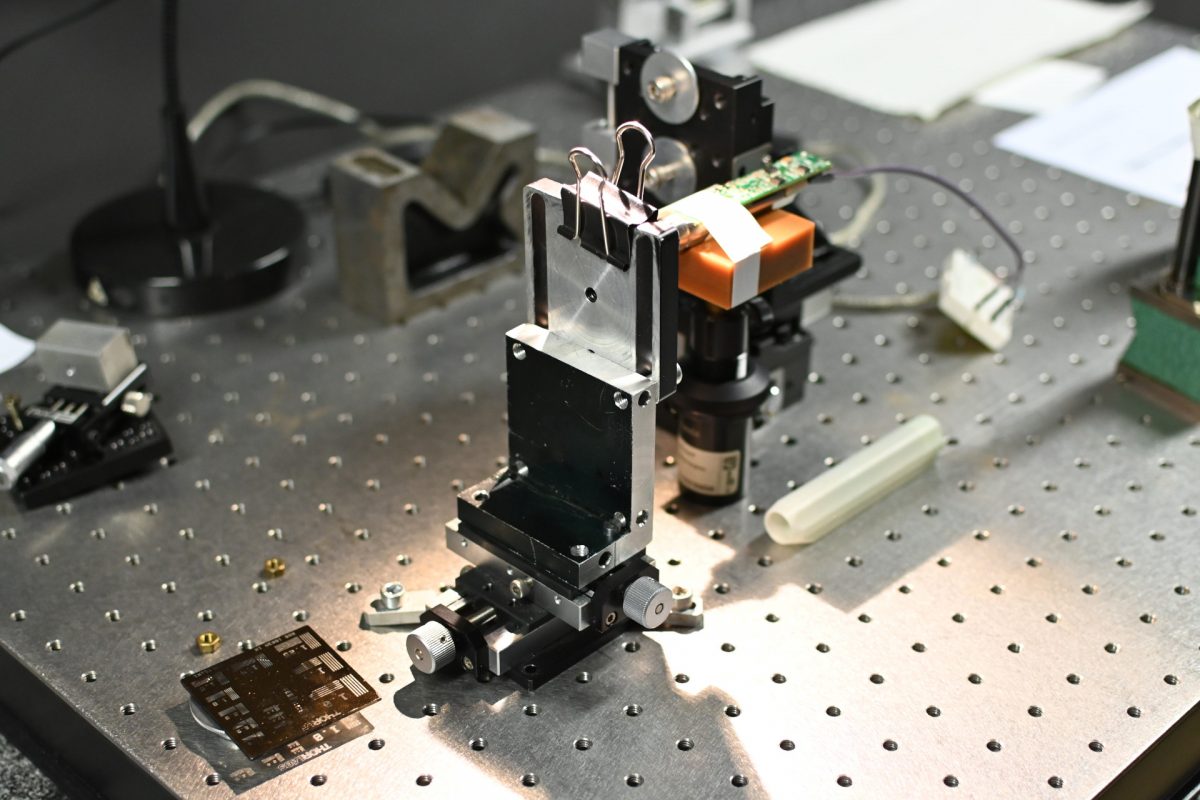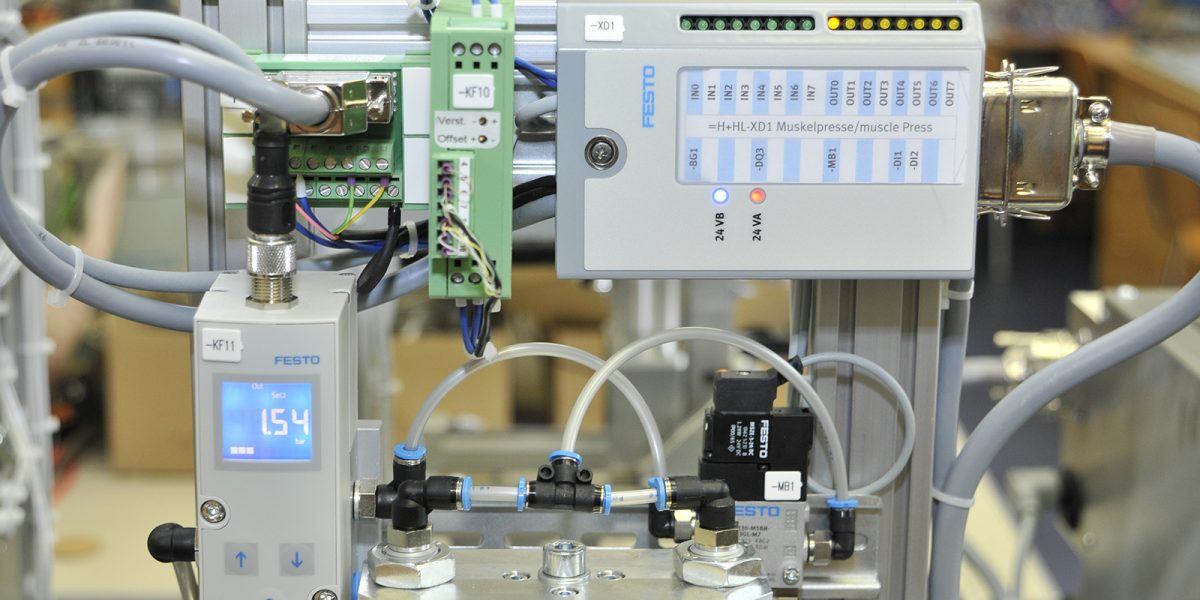Description
Tutor: prof. Ing. Tomáš Vyhlídal, Ph.D.
Machine and Process Control is a doctoral study programme built with regard to the needs of future employers and their demand for highly qualified professionals, particularly in industries focusing on advanced control of machines, industrial systems and processes, energy systems, environmental biotechnology processes, as well as communications, data processing and management in industrial systems employing modern methods of artificial and computational intelligence.
The concept of the studies emphasizes scientific research and independent creative effort, taking into account strong interdisciplinary links in the particular field of modern mechanical engineering. Students are provided knowledge in progressive areas of mathematical modelling, management theory, project management, calculation and optimization procedures and artificial intelligence methods.
The presented doctoral studies respond to the demand for professionals capable of understanding and developing increasingly complex systems for the monitoring, management and processing of data across industries (mechanical engineering, energetics, biotechnology, manufacturing, space technology). The complexity is increasing owing to extensive integration of supply chains, massively developing automation and robotization of processes, as well as their growing interconnections towards autonomous production systems employing advanced sensors to adaptively manage and optimize individual production processes on a real-time basis. Another important issue requiring response in the form of education is the introduction of numerous new manufacturing technology, such as additive technology or implementation of the Industry 4.0 concept, the mastering of which, along with the capacity for further development based on own research, is a prerequisite for consequent integration within intelligent manufacturing systems, modern informatics and cybernetics.
The doctoral study programme aims at educating professionals having such knowledge and being capable of creating new original outcomes in R&D to turn such into commercial practice


